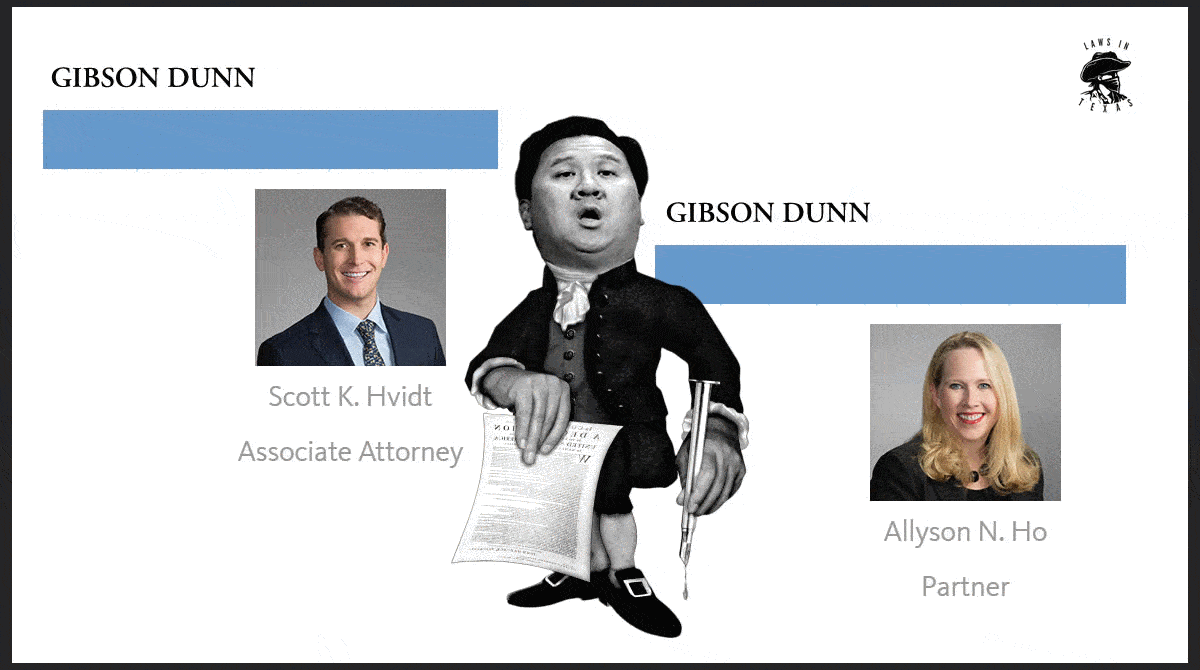Minnesota Supreme Court Candidate’s View: Eradicating judicial corruption a high priority for high court
Originally Published; Oct 3, 2020 | LIT Republished; Oct 8, 2020
I am the best candidate for the Supreme Court because I am not afraid to speak out about the corruption in our court system and the need to end legal tyranny and restore justice.
Faith and family are important to me. My husband and I are from large families and have four children. While raising a family, for 33 years, I have represented thousands of people with legal challenges before hundreds of judges at every level — district court, appellate court, Minnesota Supreme Court, and the United States Supreme Court. For 22 of those years, I served as a conciliation/small claims court judge and as adjunct referee in family court.
I founded Family Innocence, a nonprofit dedicated to keeping families out of court, where I am a mediator and restorative justice circle facilitator and educator.
My experiences have led me to believe that eradicating judicial corruption should be the highest priority for an elected official. If elected to the Minnesota Supreme Court, I pledge to eradicate judicial corruption; ensure judicial integrity; and restore our rights to access the courts, due process, and a fair trial as required under the Constitution, the law, and the Rule of Law.
Courts need to be places where people can speak and be heard without fear. If a person feels heard, that person is more apt to accept a decision.
This past year, I developed and taught a restorative justice circle mediation training, designed to restore relationships of all kinds through the use of restorative circles. This includes “be still” moments, listening exercises, a talking piece, and a peacemaking dialogue facilitated by a co-facilitator and advocate team. The close of each session features agreed actions. In the restorative circle, all participants can speak one-on-one until they are fully heard — not just the words, but the meaning.
What I have seen in court leads me to believe that the Supreme Court has an obligation to involve itself in community and restorative justice circles and other practices. Many members of the public do not realize that the Supreme Court does a lot more than issue rulings. It makes the rules and allocates the budget that determines how all of our Minnesota courts operate.
As an associate justice, I would urge the Minnesota Supreme Court to require more community and restorative justice practices at all levels of Minnesota’s court system.
As Supreme Court justice, I will do my part to ensure judicial integrity and to hold our lower court judges accountable to the Rule of Law, the Constitution, and the people, to ensure justice for all.
Keep the faith!
Michelle MacDonald of West St. Paul is challenging Minnesota Supreme Court Associate Justice Paul Thissen in the Nov. 3 election. Her campaign website is at MacDonaldforJustice.com. She wrote this at the invitation of the News Tribune Opinion page.
Bar Buzz: Supreme Court referee to hear MacDonald case
September 14, 2020
Correction: This item has been revised to correct the length of Michelle MacDonald’s 2018 suspension to 60 days, not six months.

Lawyer Michelle MacDonald will appear before a referee Wednesday, enroute to her second disciplinary hearing before the very tribunal that she has tried for six years to join.
MacDonald, who is running against incumbent Justice Paul Thissen in this year’s Supreme Court election, will appear before a Supreme Court referee in a remote Sept. 16 hearing. It begins at 9 a.m.
The Lawyers Professional Responsibility Board submitted a three-count petition against MacDonald on March 20, seeking revocation of her March 27, 2018, probation order and additional sanctions.
Among its counts, the petition accuses the perennial Supreme Court candidate of filing a “factually frivolous” defamation lawsuit against writer Michael Brodkorb, his website, Missing in Minnesota, and his co-author Allison Mann.
Brodkorb said on Sept. 9 that both he and Mann have been called as witnesses in Wednesday’s hearing before Supreme Court Referee and Senior Judge E. Anne McKinsey.
Besides that charge, MacDonald is accused of repeating past mistakes by accusing Dakota County District Court Judge David Knutson of “usurping” case files during a 2018 radio interview, while she was still on suspension for making false statements against Knutson’s impartiality.
Finally, she is accused of charging “unreasonable fees and fee-splitting,” and of sharing part of a client’s $500 flat fee with another attorney without the client’s knowledge.
In her reply brief, MacDonald admitted to a few basic facts mentioned in the complaint, but otherwise “denies everything alleged in the petition.”
Attorney Paul Engh will argue the case for MacDonald, just he did at her previous hearing on Nov. 8, 2017.
By seeking to discipline her, Engh asserted in his client’s reply brief, the Lawyers Professional Responsibility Board is treating her inconsistently, compared to other attorneys who likewise have lost summary judgment motions and then had those decisions affirmed on appeal.
The petition against MacDonald also violates her equal-protection rights and fails to state a claim upon which relief can be granted, the reply brief asserts.
Engh requested that his client be given an in-person hearing as soon as it is safe to hold one. However, Wednesday’s hearing will instead be livestreamed.
The Supreme Court, in an Aug. 13 order signed by Associate Justice Natalie Hudson, gave McKinsey until Oct. 20 to submit facts, findings and recommendations to the court. Election Day is Nov. 3.
The last time MacDonald appeared before the Supreme Court on a disciplinary matter, she was given a 60-day suspension with two years’ probation.
Justices Hudson, David Lillehaug and Margaret Chutich—her three previous election opponents—all sat out that case.
However, Justice Anne McKeig issued a stinging partial dissent, in which she argued that MacDonald should have received a stiffer, six-month suspension plus one other “rigorous condition.”
“I would also require respondent Michelle MacDonald to undergo a mental-health evaluation,” McKeig wrote.











